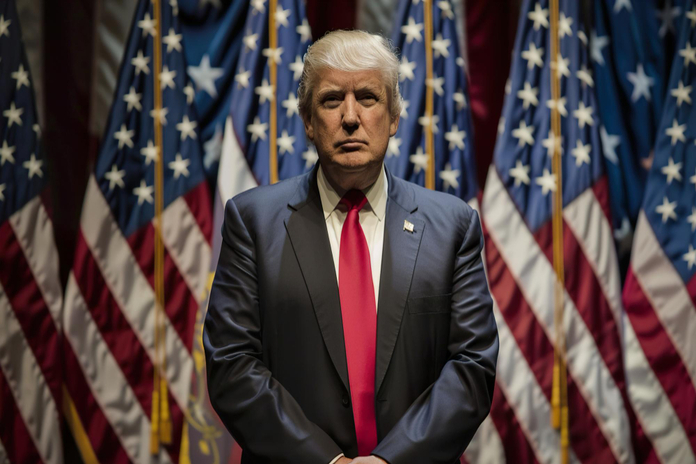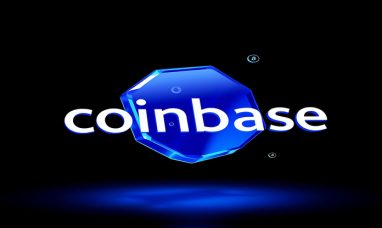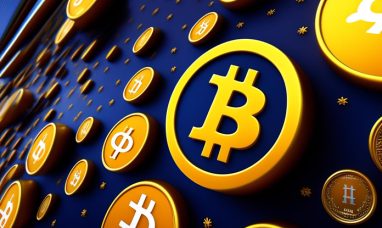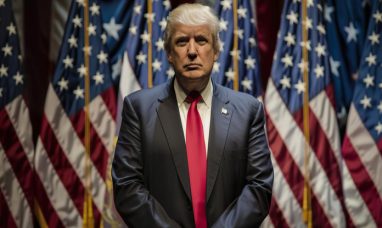As Donald Trump eyes a potential return to the White House, his involvement in a new cryptocurrency venture called World Liberty Financial (WLFI) is raising eyebrows. Promoted as a decentralized finance platform, WLFI claims to “put the power of finance back in the hands of the people.” However, critics suggest that the Trump crypto venture is less about decentralization and more about financial gains for Trump and his family.
Let’s take a deeper look at the role of Trump and his family in this crypto project, the controversy surrounding it, and whether WLFI is truly about decentralization or just another moneymaking scheme.
Trump Family’s Involvement in WLFI
The Trump family’s association with World Liberty Financial is both direct and deep. Donald Trump serves as the “Chief Crypto Advocate” for the platform, while his sons, Eric Trump and Donald Trump Jr., hold roles as “Web 3 Ambassadors.” Even Trump’s youngest son, Barron Trump, is involved in the venture as a “DeFi Visionary,” despite still being a college freshman at New York University. According to a draft of the company’s white papers, obtained by CoinDesk, the Trump family is heavily embedded in the project’s inception and ongoing promotion.
While the company has attempted to publicly distance itself from the Trumps in any formal capacity, it’s clear that their involvement is central to the platform’s identity. Recently, Trump posted about World Liberty Financial on social media, positioning the U.S. as the future “crypto capital of the planet,” using typical campaign-style rhetoric to promote the venture.
Is WLFI a Decentralized Financial Platform?
World Liberty Financial presents itself as a decentralized finance (DeFi) solution to what it claims is a “rigged” financial system. Its goal, according to posts on X (formerly Twitter), is to drive the mass adoption of stablecoins and decentralized finance. WLFI promises to give power back to the people, but a closer examination of its tokenomics raises questions.
Seventy percent of WLFI’s governance tokens—tokens that typically grant holders voting rights over a project’s direction—are being reserved for insiders. This leaves just 30% of the tokens available for public purchase. Such a skewed distribution is highly unusual in the world of DeFi, where token governance is supposed to promote transparency and democratic decision-making. Critics, including CoinDesk, suggest that the token distribution signals a potential cash grab by the Trump family.
Further complicating the matter, WLFI’s governance tokens are set to be “locked indefinitely” to avoid scrutiny from the Securities and Exchange Commission (SEC). However, there is speculation that should Trump win the 2024 presidential election, he could appoint a crypto-friendly SEC chair to replace Gary Gensler, whom Trump has pledged to fire. This scenario could allow the Trump family to unlock their shares without facing regulatory hurdles.
Concerns About Security and Transparency
While WLFI markets itself as a game-changer in decentralized finance, there are significant concerns about its security and transparency. Last week, both Lara and Tiffany Trump’s X accounts were hacked and used to promote a crypto scam that closely resembled World Liberty Financial. This incident raised questions about WLFI’s own security practices and whether the platform could be vulnerable to similar attacks.
Moreover, the founder of WLFI, Zak Folkman, previously ran a lending app called Dough Finance, which was hacked in July, leading to losses of more than $2 million for its customers. Some have pointed out that parts of WLFI’s code may have been copied directly from the defunct Dough Finance, raising further concerns about the platform’s legitimacy and safety.
Political Implications of WLFI
What sets Trump’s crypto venture apart from other cryptocurrency projects is its deep connection to Trump’s political ambitions. Should Trump regain the presidency, he would be in a position to influence crypto regulation in ways that could directly benefit World Liberty Financial and its insider-heavy token holders. This could allow Trump and his family to profit from WLFI while circumventing potential legal obstacles.
Already, WLFI’s ties to the Trump family have attracted scrutiny. While Trump and his sons promote the project with claims of returning financial control to the people, the insider-heavy structure suggests that the Trumps themselves could be the primary beneficiaries of this venture.
Conclusion: Cash Grab or Legitimate DeFi Platform?
While Trump’s crypto venture presents itself as a bold initiative in decentralized finance, the details surrounding World Liberty Financial raise red flags. With the Trump family deeply involved in both its promotion and potential financial benefits, many critics argue that this is less about decentralizing finance and more about consolidating wealth within the Trump family.
The platform’s reliance on insider-held governance tokens, questionable security practices, and political connections complicate its image. For those considering investing in WLFI, it’s worth approaching this venture with caution, as it may be more about enriching its insiders than truly revolutionizing the financial system.
Featured Image: Freepik









